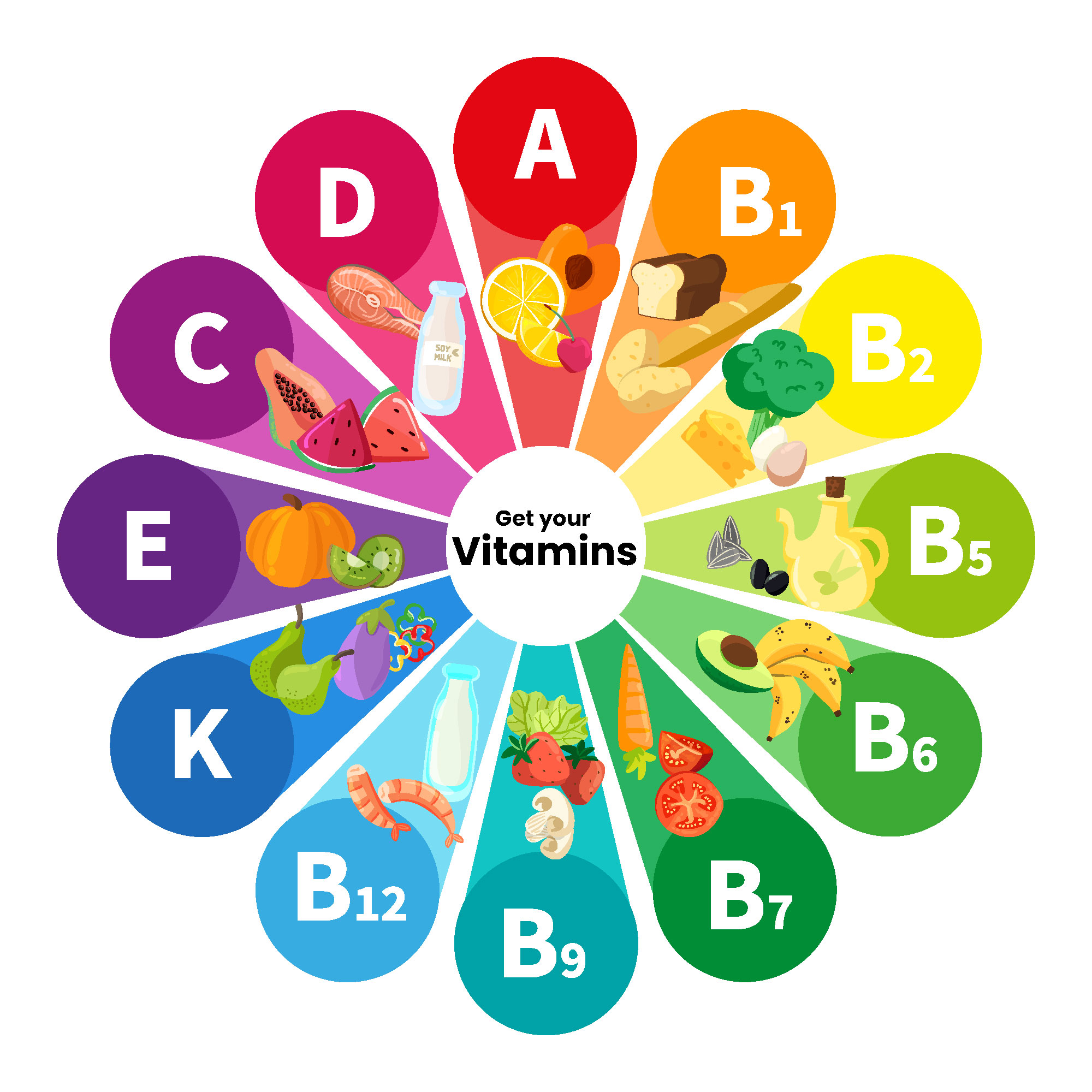Diet plays a crucial role in maintaining overall well-being and health. By understanding various diet strategies, you can transform your eating habits and make better choices every day.
From choosing nutritious foods to avoiding common pitfalls, this guide will explore effective approaches to finding a diet that works for you.
Content
ToggleWhat are the Best Diet Strategies?
Choosing the right diet can seem overwhelming, but understanding the best diet strategies can make it easier.
Different diets work for different people, so it’s essential to find the one that suits your lifestyle and health goals.
1. Balanced Diet
A balanced diet includes a variety of foods from all food groups: fruits, vegetables, grains, proteins, and dairy. This approach ensures you get all essential nutrients. Aim for half your plate to be filled with fruits and vegetables.
2. Mediterranean Diet
The Mediterranean diet emphasizes whole foods, healthy fats, and plenty of fruits and vegetables. This diet is rich in fish, nuts, and olive oil while being low in red meat. Studies show it can improve heart health and overall wellness.
3. Low-Carb or Keto Diet
Low-carb diets, including the Keto diet, focus on reducing carbohydrate intake. Instead, they increase fats and proteins. This strategy may help with weight loss and improve blood sugar levels for some individuals.
4. Plant-Based Diet
A plant-based diet prioritizes foods derived from plants. This includes not only fruits and vegetables but also nuts, seeds, oils, whole grains, legumes, and beans. Research shows this diet can reduce the risk of chronic diseases.
5. Intermittent Fasting
Intermittent fasting is not about what you eat, but when you eat. It involves cycling between periods of eating and fasting. This strategy can help some people control weight and improve metabolic health.
Remember, the best diet is one that fits your personal habits, preferences, and health goals. Consult with a healthcare professional or nutritionist before making significant dietary changes.
How to Choose the Right Diet for You
Choosing the right diet can be daunting, but it is essential to find one that fits your needs and lifestyle. Here are some helpful tips for making the right choice.
1. Assess Your Goals
Start by identifying your health goals. Do you want to lose weight, gain muscle, improve energy levels, or manage a specific health condition? Your goals will guide your dietary choices.
2. Consider Your Lifestyle
Your daily routine affects what diet may work best for you. If you have a busy schedule, a diet that requires complex meal prep may not be practical. Choose a plan that aligns with your lifestyle.
3. Evaluate Dietary Preferences
Think about your food preferences and any dietary restrictions you may have. If you dislike certain foods or are allergic to them, a diet that includes these foods will be hard to stick to.
4. Seek Balance and Variety
Look for a diet plan that offers balance and variety. A well-rounded diet will include healthy fats, proteins, carbohydrates, and plenty of fruits and vegetables to ensure you get all the nutrients you need.
5. Research Different Diets
Familiarize yourself with popular diets like the Mediterranean, Keto, or Plant-Based diets. Understanding how these diets work can help you figure out which one may resonate with you the most.
Remember to consult with a healthcare provider or nutritionist when making dietary changes to ensure your selections support your overall health.
Common Diet Mistakes to Avoid
Avoiding common diet mistakes can significantly impact your health and success in reaching your goals. Here are some key pitfalls to watch out for:
1. Skipping Meals
Many people think skipping meals helps with weight loss. However, this often leads to overeating later. Instead, aim for consistent meals and snacks throughout the day.
2. Not Drinking Enough Water
Hydration is crucial for overall health. Some may mistake thirst for hunger, leading to unnecessary snacking. Aim to drink plenty of water daily and consider it a hunger cue.
3. Overemphasizing Restriction
Cutting out entire food groups can backfire. It may lead to cravings and binge eating. Focus on moderation and balance instead of strict rules.
4. Ignoring Portions
Even healthy foods can contribute to weight gain if eaten in large amounts. Pay attention to portion sizes and listen to your body’s hunger cues.
5. Relying on Fad Diets
Many fad diets promise quick results but are often unsustainable. Instead of jumping on the latest trend, find a diet that complements your lifestyle and preferences.
Being mindful of these common mistakes can help create a more effective and enjoyable diet plan. Implement small changes to stay on track and make healthy choices.
In Conclusion: Finding the Right Diet for You
Choosing the best diet involves understanding your personal goals, preferences, and lifestyle needs. Balance and moderation are key components of a sustainable eating plan. By avoiding common diet mistakes and exploring various strategies, you can develop a healthy relationship with food.
Remember to stay hydrated, eat a variety of foods, and consult with a professional if needed. Every person’s journey is unique, and finding what works best for you is essential for long-term success.
With the right knowledge and approach, you can navigate the world of diets effectively and achieve your health goals.
FAQ – Frequently Asked Questions about Diets
What is the best diet for me?
The best diet for you depends on your individual goals, preferences, and lifestyle. It’s important to choose a diet that you can maintain long-term.
How can I avoid common diet mistakes?
To avoid common diet mistakes, ensure you eat regular meals, stay hydrated, avoid excessive restrictions, monitor portion sizes, and steer clear of fad diets.
What are some effective diet strategies?
Effective diet strategies include a balanced diet, Mediterranean diet, low-carb diets, plant-based diets, and intermittent fasting, depending on individual needs.
How do I choose the right diet for my lifestyle?
Consider your health goals, daily routine, food preferences, and the level of meal preparation you’re able to commit to when choosing a diet.
Can I combine different diet approaches?
Yes, you can combine different diet approaches as long as they align with your health goals and preferences, keeping balance and moderation in mind.
Should I consult a professional about my diet?
It’s advisable to consult a healthcare provider or nutritionist when making significant dietary changes to ensure they are safe and suitable for your needs.



